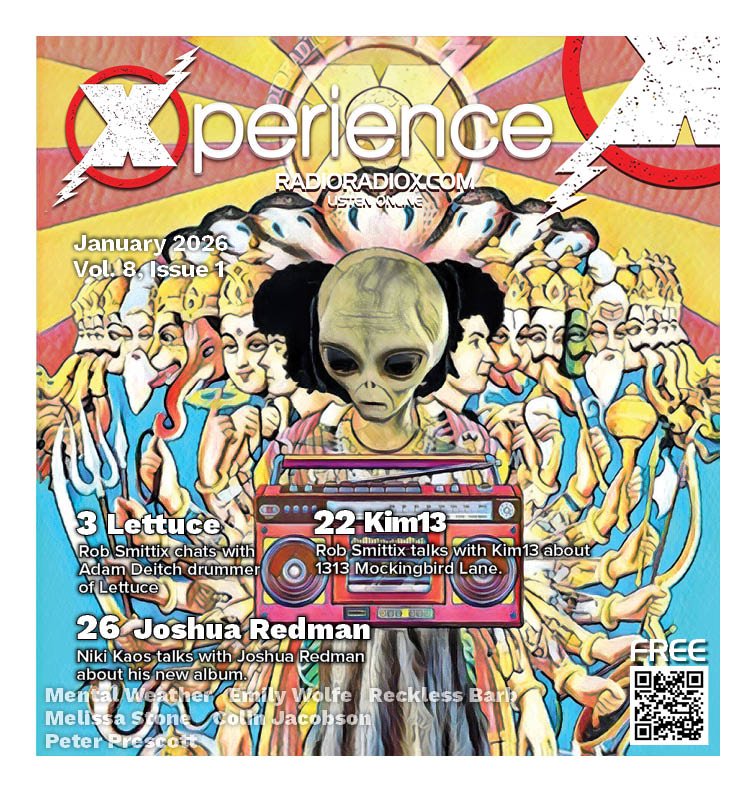Viral – Tips to Blow Up on Social Media
By Staff on April 15, 2023
Viral.
Oh, that’s funny. I’m dying over here, crying into my keyboard. Share. I think this is something they will like. Only someone cool would put this up. Share. Wow, I did not see that coming. Wonder if anyone else will? Share, share, share!
Viral – it’s not just a cat spilling a beaker in a government lab anymore. Everybody wants something they do to go viral, short of, say, fugitives. But what makes something viral? Is it a peculiar alignment of the stars, or does Silicon Valley get bored sometimes and screw with people? Surprisingly, it’s neither.
The idea behind “viral” is not new; in fact, it’s as old as we are. One cave dweller made a spear, and it was so useful, everyone made a spear. And the first cave painter was a genius until everyone was crushing up pigments. Shit gets popular, and there are reasons why. But viral things, talking internet now, have elements in common.
YouTube Head of Culture and Trends Kevin Alloca noticed three commonalities in things that go viral. The first is that it involves tastemakers. Anyone whose opinion people look to. Second, you need a culture of participation, basically an audience of people who are willing and eager to share. And finally, some element of the unexpected.
Taking the STEPPS
This viral “recipe” is further explored by Jonah Berger, author of Contagious: Why Things Catch On, and Wharton marketing professor. He uses the acronym STEPPS to describe the qualities of viral content after an intensive study of over 7,000 pieces of content. STEPPS stands for Social currency, Triggers, Emotion, Public, Practical Value, and Stories.
We’ll go through these because they’re important.
Social Currency
Guess what? We all want to look good. We want to look cool and smart, or edgy, or pick some other quality. Maybe we want to look like giant dicks. But we share stuff that we think will make others see us the way we want them to. Posts that give us some kind of social currency will get shared.
Triggers
No, this isn’t about “triggered.” It’s about stuff that triggers us to think about other stuff. Think, like, nostalgia, or a fresh out of the oven pizza pie. If a post triggers some good thought in you, or even a revolting thought, you might share it.
Emotion
This one is probably obvious, but if a post makes you feel something, you’re more likely to share it. And we’re not necessarily talking about feeling good. Stuff that makes you angry, sad, anxious – that stuff is more likely to get shared too.
Public
You ever see people who get all the awards for a thing? It’s like once they started getting a handful of awards, everyone wanted to give them an award. Snowball effect. Once a post starts getting shared in the public, it’s going to get shared more, because now it’s got momentum.
Practical Value
I’m a sucker for posts that say, “10 Things You’ve Been Using Wrong All Your Life.” Because now I want to know that the hole in the spoon is how you measure out the spaghetti. If a post has practical value, if it can benefit someone in a concrete way, it’s more likely to get shared.
Stories
People love stories. Especially powerful stories, or stories that have an unexpected ending. We’re touching on emotion and unexpectedness here too. But stories, good stories, get shared.
Many of the things that make posts shareable are kind of obvious. Posts that make you look good, remind you of something you like, are powerful, are already going viral, are useful, and tell a story. Basic, right?
The site Feedough lists a couple of traits in viral content that pretty much align with Berger’s STEPPS. They are: positive emotions, uniqueness, surprise, trends, visuals over text, lists, and memes. Note the Feedough emphasizes uniqueness, which is missing from STEPPS, and goes on to include more concrete elements of actual content, like visuals, lists, and memes.
But of course, there are things you shouldn’t do. Feedough’s list also includes the no-no’s, which are: long paragraphs, things with no heart, boring shit (they didn’t say shit,) endless self-promotion, and complexity.
Additionally, Elon University, from a study, found favor with short runtime, a short title length, a dash of surprise, a pinch of irony, a smidge of humor and put to a beat (my words, not the study’s.)
One last tip, from Jonah Berger, is that people are more likely to seek variety at night, maybe because mornings suck and people don’t want to deal (again, my words.)
So this has been fun. Share your bartender. And just to put this to bed, in almost every instance, unless you’re down some rabbit hole, the algorithms are not making anything viral. They’re the bus, not the passengers.





 RadioRadioX
RadioRadioX